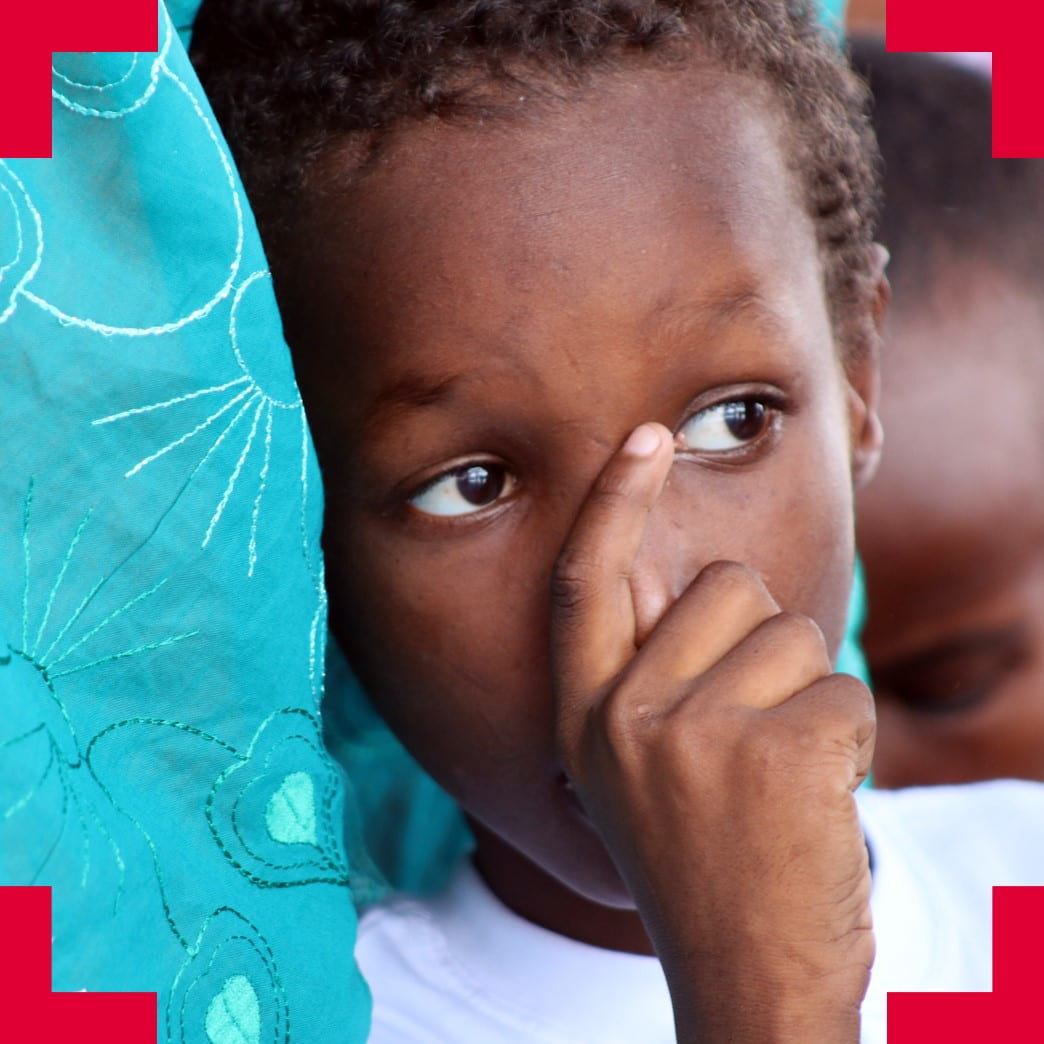-

Previous work has drawn connections between the professional experience of health visitors, early years educators, developmental therapists and doctors, the systematic review of quantitative and qualitative literature, the experiential and interactional world of migrant families in a British inner city, …
-

What did the project involve?
This project led to the development of the Future Places Toolkit. The current Future Places Toolkit demonstrator has developed out of a previous Uninvited Guests AR performance Billennium (2018-22), which asks audiences to reflect …
-

Emerging research suggests autism is disproportionately overrepresented in homeless populations (Churchard et al. 2018). Autistic narratives of homelessness (Stone 2019) have highlighted significant barriers to service access and engagement. A key concern relates to the unsuitability of accommodation provision in …

Brigstow brings researchers from different disciplines together with a range of partners across the city and beyond to experiment in new ways of living and being.






